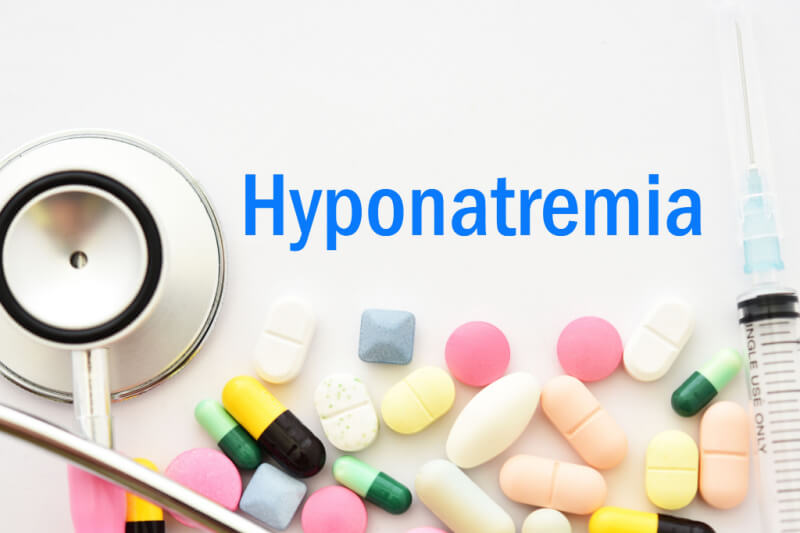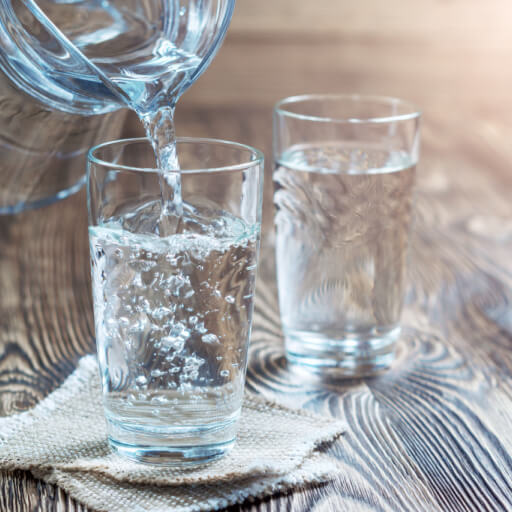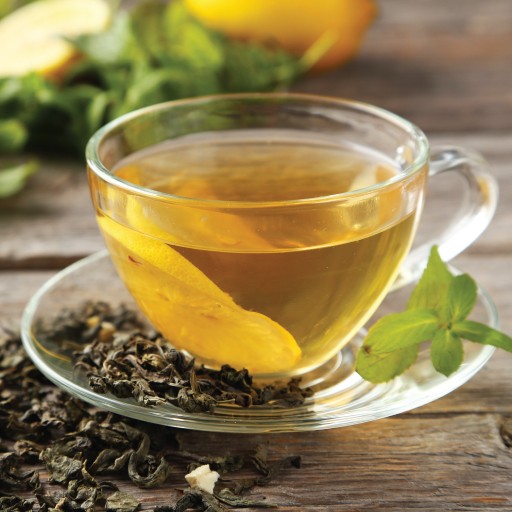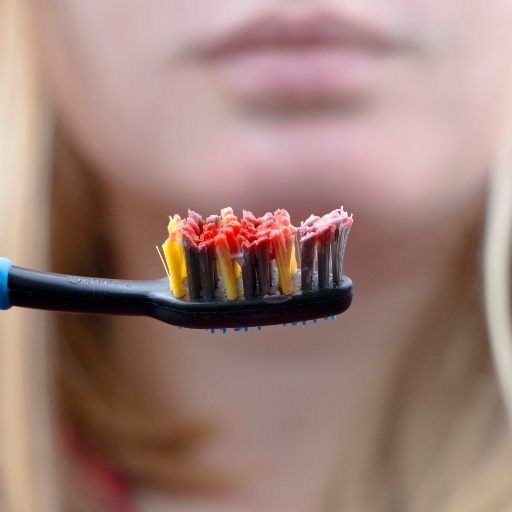Too much of a good thing could be a bad thing. A group of kidney specialists in Spain recently published a study in the December 2022 edition of the Clinical Kidney Journal, stating that a renowned actor and martial arts icon’s death was caused by his “kidney’s inability to excrete excess water”.
Results of drinking too much water
Although our body is made up of 60% water, this fact does not protect us from the ill effects of water intoxication or overhydration – a phenomenon wherein you drink water faster than your kidneys can eliminate excess water. Take a look at some side effects of drinking too much water:

- Hyponatremia occurs when sodium concentration in your body is extremely low. During this condition, the body retains too much water, which dilutes the amount of sodium in the blood. Some symptoms of hyponatremia include nausea, headache, fatigue, and confusion.
- When the sodium level in your body decreases, water enters the cell through a semipermeable cell membrane through the osmosis process, which causes the cells to swell up and can harm your brain, muscle tissues, and organs.
- On drinking too much water, the balance between intracellular and extracellular potassium ions gets disrupted, causing diarrhea and prolonged sweating.
- Excessive water drinking can increase the volume of blood inside your body, which exerts pressure on the blood vessels and the heart. Therefore, overhydration may lead to seizures or heart failure in dialysis patients.
- Overhydration also overburdens the kidneys and leads to frequent urination.
Symptoms of drinking too much water
Drinking too much water can cause intracranial pressure, that is, growing pressure inside your skull, which can prove to be fatal. Untreated, overhydration can lead to more severe symptoms, such as seizures, unconsciousness, coma, muscle weakness, spasms, or cramps. This form of kidney dysfunction prevents the body from eliminating excess water to maintain water homeostasis.
There are two types of overhydration:
- Increased water intake: This indicates drinking more water than the kidneys can excrete through urine, causing excess water to collect in your bloodstream.
- Retaining water: This occurs when your body can’t get rid of water.
Some conditions and medicines can also cause dehydration by making your body hold on to fluids. These include liver disease, kidney problems, congestive heart failure, uncontrolled diabetes, and inappropriate antidiuretic hormone.
Endurance athletes who participate in marathons or triathlons, endurance cyclists, rowers, hikers, and individuals who indulge in high-intensity physical activity drink too much water before and during the event. Therefore, they are at a higher risk of overhydration.
How to prevent overhydration?
It is essential to stay hydrated as the functioning of all major systems of our body depends on water. Adequate water intake regulates temperature, prevents constipation, flushes out waste products, and performs all important functions.
Water needs vary according to gender, age, geographic location, weather, level of physical activity, and overall health. In a healthy person, urine color can determine your hydration status. Pale yellow is a good indicator. Darker color means you need more water and colorless urine means you are overhydrated. Take a look at the following ways in which you can treat overhydration:
- Cut back on fluid intake.
- Stop the medications that cause the problem.
- Treat the conditions that cause overhydration.
- Replace sodium in severe cases.
- If you have diabetes or kidney problems, consult your doctor to know the adequate amount of water you should consume.
- Endurance athletes can measure their weight before and after a race to determine the water loss from their body so that they can replenish the same without running the risk of overhydration.
Stay active in the Activ Living Community to find more details on nutrition and mindfulness.
Popular Searches
Natural Beta blockers | How to cure depression | Summer activities for kids | High bp symptoms | HIIT workout | How to increase platelet count | Dash diet | Systolic and diastolic blood pressure | High blood sugar symptoms | Tabata workout | Push ups for beginners | Benefits of zumba | How to prevent breast cancer | Homeopathic medicine for asthma | Fruits to avoid in pcos | Neck pain relief exercises |Yoga for heart | Healthy soup recipes | Anti aging foods | Vitamin rich foods





 1800-270-7000
1800-270-7000









